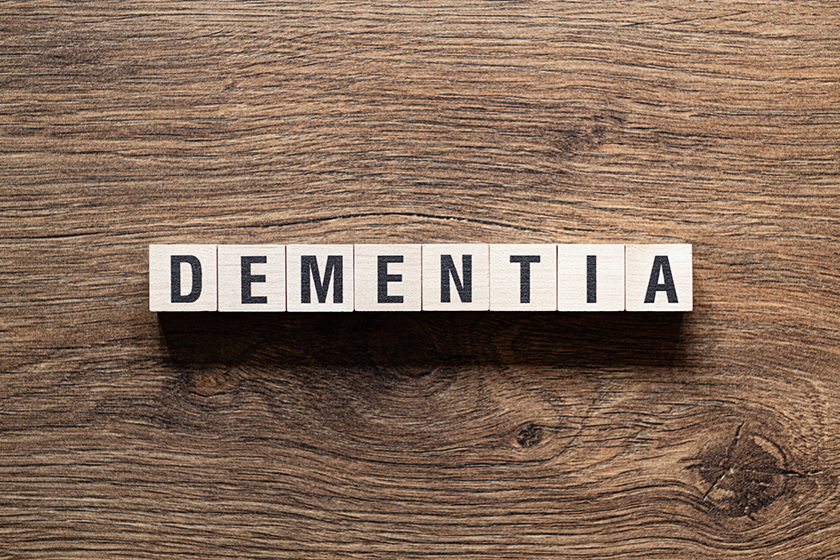The distinction between senile vs. dementia is critical for proper diagnosis and care. Historically, ‘senile’ was broadly used to describe general memory loss associated with aging. However, this term has largely fallen out of use due to its vague nature and sometimes negative connotations. In contrast, dementia refers to a set of symptoms that include decreased intellectual functioning that interferes with daily life and activities. These symptoms are severe enough to affect work, social activities, and relationships.
At our dementia care community, we provide a supportive and understanding setting tailored to enhance the quality of life for individuals living with dementia. Our team is trained to address the unique challenges presented by various forms of dementia, ensuring that all residents receive compassionate and competent care.
Senile Describes Aging Symptoms, Dementia Indicates Cognitive Impairments Specifically
‘Senile’ broadly refers to a range of symptoms associated with aging, which may include physical decline and some cognitive changes. However, it is not a specific medical diagnosis and is often used more colloquially to describe general attributes of aging. The term does not necessarily imply severe cognitive impairment.
In contrast, ‘dementia’ is a medically recognized condition characterized by a significant decline in cognitive function. This decline is severe enough to interfere with daily life and goes beyond what might be expected from normal aging. Dementia encompasses specific symptoms related primarily to cognitive impairments such as memory loss, language problems, and impaired reasoning.
Dementia Encompasses Memory Loss, Senile Might Not Affect Memory
Dementia prominently features memory loss as a core symptom. Individuals with dementia may struggle to recall recent events, recognize faces, or remember the location of everyday objects. This memory impairment is persistent and progressively worsens over time.
On the other hand, the term ‘senile’ may or may not include memory issues. When used, it often refers to general forgetfulness associated with aging rather than the more severe memory disruptions seen in dementia. It’s important to recognize that mild memory problems do not automatically suggest dementia.
Senile is Often Used Colloquially, Dementia is Medically Recognized
The term ‘senile’ is colloquially used to describe various aging-related changes and is not part of the clinical language used by healthcare professionals today. It is an outdated term that lacks precision and can sometimes carry negative connotations.
Conversely, ‘dementia’ is a clinical term that describes a group of symptoms affecting memory, thinking, and social abilities enough to inhibit daily functioning. It is recognized in the medical community and used in diagnosis and treatment planning. The medical recognition of dementia supports more targeted and effective interventions.
Dementia Includes Various Types, Senile Lacks Distinct Classifications
Dementia is an umbrella term that includes various types of cognitive disorders, such as Alzheimer’s disease, vascular dementia, and Lewy body dementia. Each type has specific characteristics and patterns of symptoms that help guide treatment and management strategies.
In contrast, ‘senile’ does not refer to any particular condition or provide clear classifications. The lack of distinct categories under the term ‘senile’ reflects its general use and the shift away from its use in professional contexts. Modern medical practice focuses on more accurately diagnosing and describing conditions related to cognitive decline in the elderly.
Tailored Care for Enhanced Well-being
As part of a robust senior living program, our community focuses on individual strengths and capabilities, supporting residents in a safe and stimulating environment. We prioritize a person-centered approach, adapting our services to meet the evolving needs of our residents.







